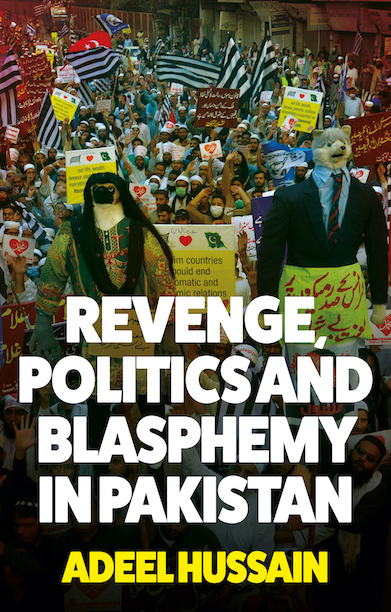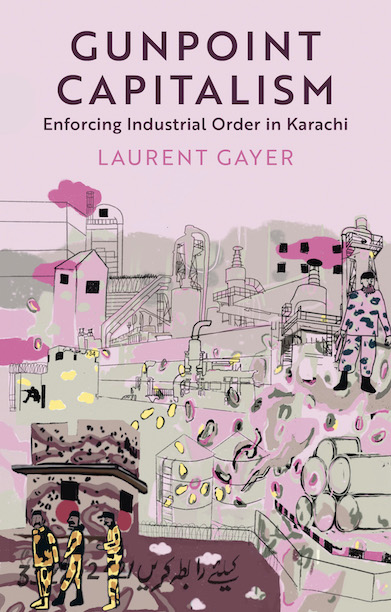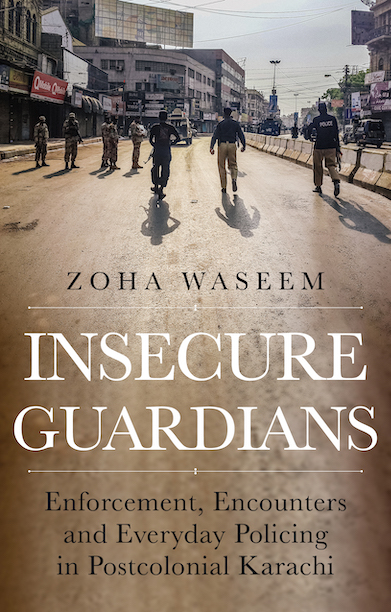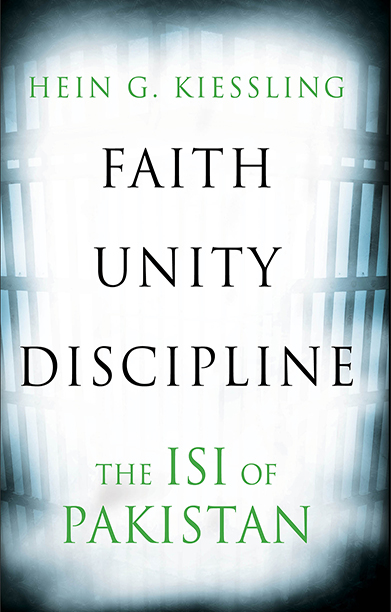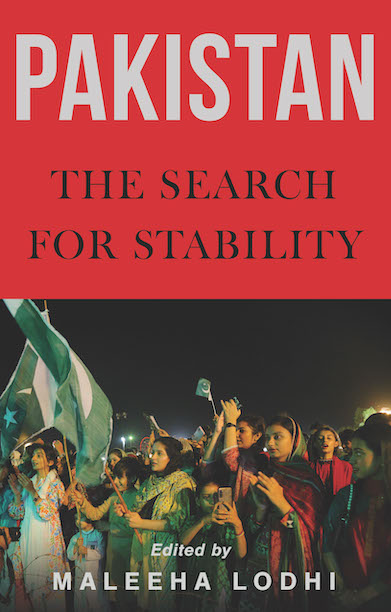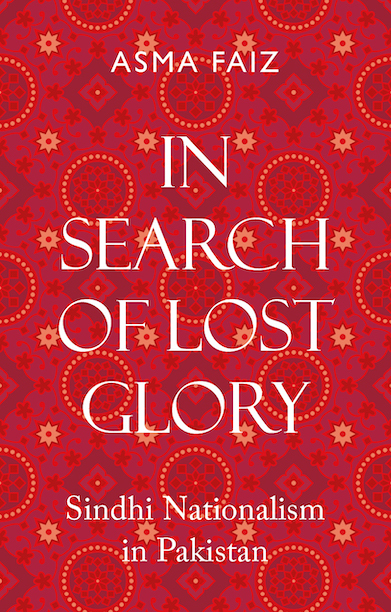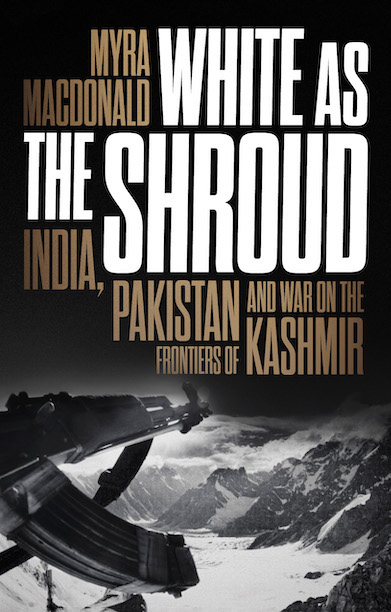Revenge, Politics and Blasphemy in Pakistan
Why have blasphemy killings to avenge insults against the Prophet Muhammad become so prevalent in Pakistan?
Description
This fascinating book uncovers the hidden stories behind Pakistan’s fixation with blasphemy—tales of revenge, political scheming and sovereign betrayal. Hussain’s account opens in nineteenth-century colonial Punjab and traces blasphemy killings to the present, linking their emergence to polemic encounters between Hindu and Muslim revivalist sects, namely the Arya Samaj and the Ahmadiyya. It offers, for the first time, the arresting backstories to the assassinations of Pandit Lekh Ram, a leading Hindu nationalist; Swami Shraddhanand, an early progenitor of Hindu nationalism and the principal advocate for converting Muslims; and Rajpal, the Hindu publisher of a sensationalist book on the Prophet Muhammad.
Revenge, Politics and Blasphemy in Pakistan then maps the curious afterlives of these killings, illuminating the most critical moments in Pakistan’s history: 1953, when outraged protestors smashed stores owned by religious minorities, triggering the country’s first state of emergency; 1974, when Islamist parties pressured Zulfiqar Ali Bhutto to put blasphemy on the constitutional agenda; 1984, when Zia-ul-Haq transformed Pakistan according to his Islamist vision, which included more severe punishments for blasphemy; and the twenty-first century, when digital media has dramatically increased the visibility of blasphemy killings, prompting political parties to demonstrate their commitment to the cause.
Reviews
‘Anyone interested in understanding Pakistan’s obsession with blasphemy and how it has come to affect the Ahmadis must engage with Hussain’s work.’ — Frontline
‘A remarkable contribution to the study of blasphemy and religious politics in Pakistan.’ — Bloomsbury Pakistan
‘A tour de force. This excellent book illuminates the nuances of theological issues which figured among the Muslims and continue to do so in Pakistan even to this day. If you want to understand why Pakistan is the way it is, and why India has a lot to learn, Hussain is your best guide.’ — Lord Meghnad Desai, Professor Emeritus, London School of Economics
‘Hussain’s richly researched book delves into the history of blasphemy in Pakistan, one of the world’s most egregious examples of religious extremism going mainstream. Behind the appalling headlines of modern Pakistan, telling of the often fatal state-sanctioned harassment of those accused of blasphemy, lies a complex and fascinating story; Hussain’s investigation brings it to light with clarity and nuance.’ — Shashi Tharoor, Indian MP
‘A highly original and timely interpretation of the role of blasphemy in shaping religious politics in Pakistan. Meticulously researched, this monograph makes a significant contribution to the burgeoning literature on politicised religion as well as for rethinking the colonial past.’ — Mustapha Kamal Pasha, Personal Chair, Department of International Politics, Aberystwyth University
‘A fluent and insightful exploration of controversies over religious offence in late colonial India and their influence in shaping the politics of blasphemy in contemporary Pakistan. This is a fresh and engaging contribution to debates on the intersection of religion and politics in South Asia.’ — Farzana Shaikh, author of Making Sense of Pakistan
‘Remarkably lucid narration of a very complex phenomena in which law and philosophical discourse intersect in a bid to explicate historical situation. Hussain unravels the political and legal intricacies which have punctuated the last two decades of united India.’ — Tahir Kamran, Professor of History, Beaconhouse National University, Lahore
Author(s)

Adeel Hussain is Assistant Professor of Legal and Political Theory, Leiden University. Holding a PhD in the History of Political Thought from the University of Cambridge, he has clerked at Frankfurt's Court of Appeals, worked for an international law firm, and advised the Afghan government on constitutional and administrative reforms.
